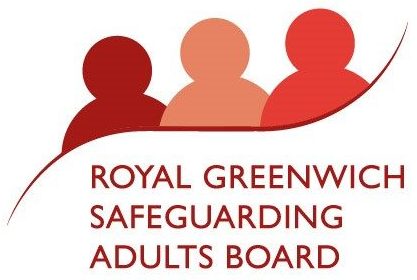Deprivation of Liberty Safeguards
 What does deprivation of liberty mean? Sometimes people who lack capacity to decide for themselves, need to receive care or treatment in a hospital, care home or in a setting such as Supported Living and the only way they can get the care or treatment they need and be safe is for there to be restrictions in place.
What does deprivation of liberty mean? Sometimes people who lack capacity to decide for themselves, need to receive care or treatment in a hospital, care home or in a setting such as Supported Living and the only way they can get the care or treatment they need and be safe is for there to be restrictions in place.
The Human Rights Act (HRA 1998) tells us that no one can be “deprived of their liberty” except in certain situations and only when very specific procedures are in place which must be used. This is to protect people from being deprived of their liberty without anyone looking at the circumstances and approving the actions.
Assessing whether a ‘Deprivation of Liberty’ has taken place is therefore an essential right as no one should ever be restricted to an extent greater than is necessary and proportionate to the risks involved. The Supreme Court looked at the question of deprivation of liberty in 2014.
They summed it up in what they called an ‘acid test’ for those lacking capacity to consent to, or refuse their care arrangements:
- Is the person free to leave?
- Is the person subject to complete or continuous supervision and control?
They said it didn’t matter why these things were happening and whether they were really positive for the person, the facts were simply the facts and it should mean the same thing for all people whether they have a disability or not. If this acid test was met and the person could not consent to it because they lacked mental capacity, it would need an independent person to look at it and approve it in order to allow it to continue.
In July 2018, the Government published a Mental Capacity (Amendment) Bill, which if passed into law will reform the Deprivation of Liberty Safeguards this is described on the website.
Deprivation of Liberty Safeguards team
Contact details
MCA DOLS Safeguarding Team,
2nd Floor,
The Woolwich Centre,
35 Wellington Street,
London SE18 6HQ
Tel: 020 8921 8877
Email: Dols@royalGreenwich.gov.uk
